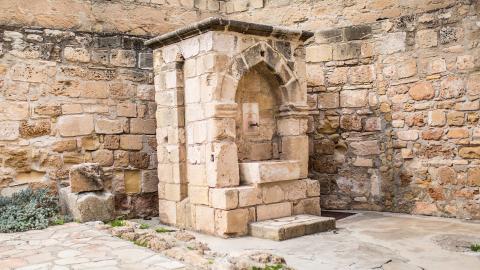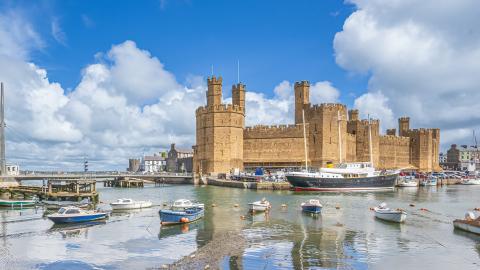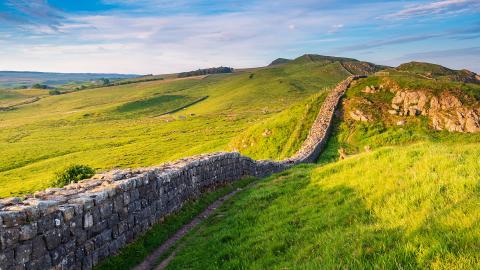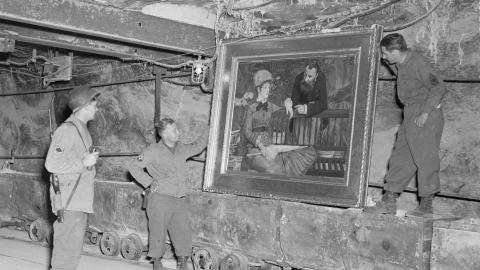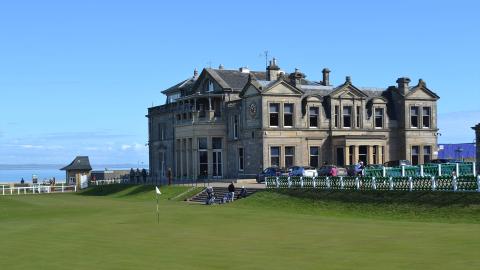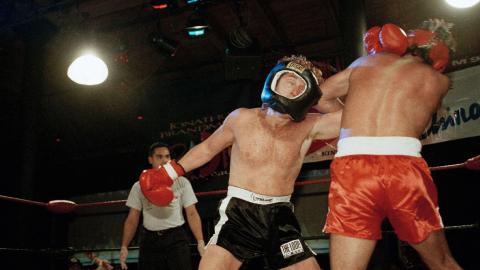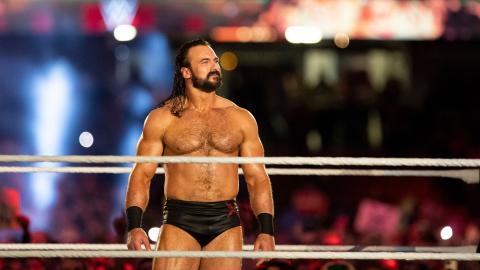It was the quickest goal ever scored at a World Cup, just 27 seconds after kick-off. A throw-in, followed by a nod-on, saw the ball bounce up in front of England’s talisman Bryan Robson. The 25-year-old Manchester United player pounced, half-volleying the ball into the back of the French net. It was a dream start for Ron Greenwood’s England side at the 1982 World Cup. In truth, England were lucky to be there at all, having managed to stumble through qualification courtesy of a 0–0 draw between Switzerland and Romania – a win for either side would have sent them through instead of England. But here they were at the World Cup, beating the great French side of Platini, Giresse and Tigana. Not even a first-half Gérard Soler equaliser could spoil the party. In the second half, Robson got another with a powerful header, quickly followed by a Paul Mariner strike. It secured a 3–1 victory for England. It was a sensational result, described by The Times as “inspired”, and which brought England “out of the wilderness”. This was a moment that marked a new chapter for a team that hadn’t qualified for a World Cup since 1962 (they got there as hosts in 1966 and champions in 1970). History of Football The midfield combination of Robson and Wilkins spearheaded the performance. Robson pushed forward, taking the game to France, while Wilkins sat back and used the ball effectively. Add Shilton, Butcher and Francis to the mix and England were ready to show the world what they could do. Victories over Czechoslovakia and Kuwait left England top of their group with maximum points. The only other side to match this was the thrilling Brazil side of Socrates, Zico and Falcão – not bad company. But then the second group stage came, and it was here that England’s luck changed. The format (which was dropped by FIFA after the tournament, too little too late for England) saw them drawn against reigning champions West Germany and hosts Spain. Strangely, the winners of the first groups got no advantage in the next draw and England fans felt somewhat aggrieved to see runners-up France drawn against Austria and Northern Ireland, whom England had beaten 4–0 earlier that year. First up for England was the physical West German side. The game saw England enjoying the early stages but after Germany hit the bar England were happy with the point. It meant that to go through to the semi-finals England needed to beat Spain by two goals. The game took place on a hot humid night in Madrid. Chances fell to both sides. Peter Shilton made a number of solid saves to frustrate the Spanish attack, but after the game finished 0–0 it was England who felt victory should have been theirs. “No excuses, I should have scored,” Keegan said afterwards, reflecting on a missed header. It was a chance that many blamed on his perm, which appeared to soften his contact with the ball. And so, after five games, England had not lost, they’d scored six and only conceded one goal – on paper a fantastic tournament – and yet they were heading home after finishing second behind West Germany, who faced France in the next round... While the second group stage certainly changed England's fortunes it should be noted that penalty shootouts were first introduced at this World Cup, something that – having lost three – England have never excelled at. Nonetheless, it was a missed opportunity for a great England side to go all the way. While history tends to remember the 1970 and 1990 teams, do spare a thought for the forgotten team of 1982, the first and only England team to go unbeaten at a World Cup since 1966. History of Football is a 14-day 24/7 mega television event, running from May 28 to June 10, 2018.

